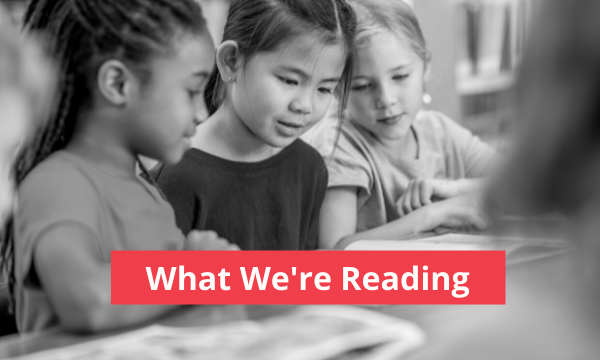Creating excellent early care and learning opportunities for children begins by supporting the skilled educators and caregivers behind the work. Too often, inadequate working environments and poor compensation cause significant difficulties for those trying to offer the best quality education and care. These conditions have been overlooked in the past despite their direct impact on skill development, teaching effectiveness, and well-being of providers and children. But with sustainable support strategies and in-depth analysis of areas in need of improvement, Oregon can transform the working environments of early educators for the better.
In the first SEQUAL (Supportive Environmental Quality Underlying Adult Learning) study to utilize the Family Child Care (FCC) tool, Early Educator Voices: Oregon assessed five domains of work in which environment conditions impact early educator practice and program quality: Teaching Supports, Learning Community, Job Crafting, Adult Well-Being, and Program Leadership. Through the assessment of each section, the research from SEQUAL revealed specific ways in which educators need greater professional, economic, and personal support in order to thrive.
Educators who feel supported want to stay – they are committed to helping children and making a difference at a critical stage of development. But as SEQUAL’s analysis and the countless personal testimonies of early care providers show, the state must find a better way to offer staffing support, opportunities for career growth, individual feedback and decision making, economic well-being, and knowledgeable leadership. Without a stronger approach to building positive work environments and access to resources, dedicated educators and caregivers will continue to face serious challenges leading to overwork and burnout.
Oregon has taken important steps toward improving outcomes for educators, including supporting free preschool in Multnomah County, revising the QRIS system, and recommending a recent initiative for compensation parity and increased wages. However, far more remains to be done across the state to improve the working environments, quality of life, and professional flourishing of the incredible teachers and caregivers cultivating the next generation.
Learn more about this impactful study, hear from early care providers, and dive into possible solutions at the links below.


